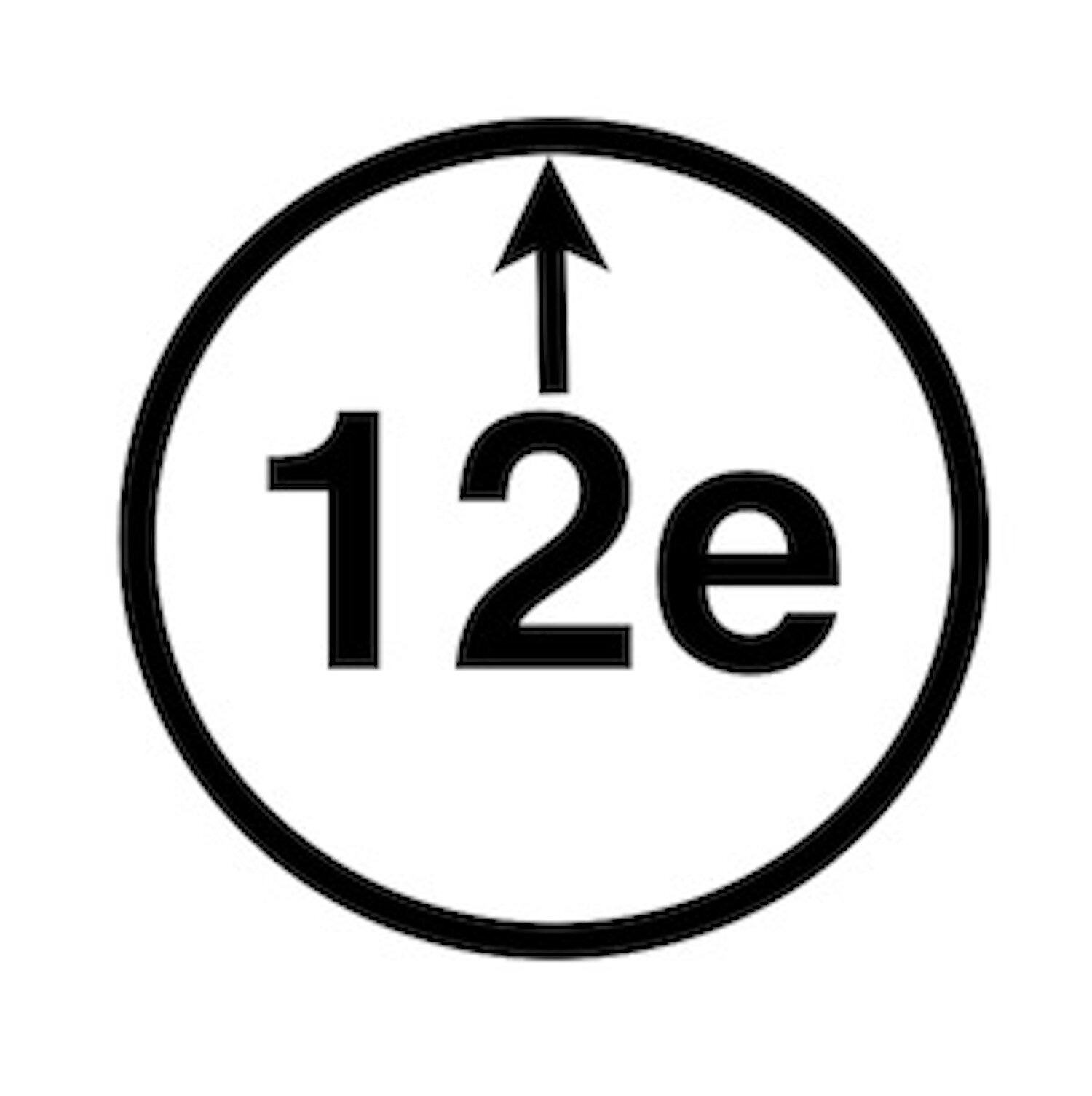A Book For You?
A review/reflection of Spiritual Truth in the Age of Fake News by Elizabeth Geitz
Who is this book for? This is always an important question to ask when writing a book, article, or anything that you hope will be read and a helpful question to ask when consume a piece of literature. For whom is this book written. David Gushee wrote the book, Changing Our Minds as a persuasive work for evangelical Christians who may be ready to consider different ways to consider homosexuality. There are many other books about the relationship between homosexuality and Christianity that go much deeper that Gushee’s but they are intended to inform those who have already made up their mind and not those who are looking to change it. It is a book that I would recommend only to those who are moving from a position of harshly condemning homosexuality towards one of acceptance. It is important to have a sense of the audience that the author had in mind when writing the book.
This is a question that I held when reading Elizabeth Geitz’s book Spiritual Truth in the Age of Fake News. It is written as a collection of 101 daily devotionals arranged thematically but with a clear overreaching agenda. Geitz is trying to offer a liberated reading of scripture in the areas of sexuality, gender, leadership, race, ethnicity, and spirituality. She has an enemy, one that she is arguing against, who is again and again labeled as “fake news.” From reading the preface one gets the impression that Geitz is intending to open minds and to guide individuals to a different way of being Christian, yet I wonder if such a goal is achieved in her work.
I applaud the format. To offer thought-provoking devotionals that consider topics theological and current is a meaningful and good approach. The devotional formant, ending with questions, invites the reader into a space of growth. Geitz opens a door, describes the room, and then invites the reader to enter and dwell and be. This can be very meaningful and moving for the individual who is looking for a deeper connection with God around what are often seen as progressive topics.
Yet the format, while inviting and liberating in one sense is constricting in another. The page(ish) long devotionals can only offer so much, can only unpack a little of the complex ideas that Geitz is addressing, and what is missed is depth and nuance. Geitz speaks to the reality of systematic racism, but does not offer the depth that Michele Alexander’s The New Jim Crow does. Geitz speaks to sexism and to a different way of understanding God via the feminine, but cannot help to reconstruct a feminine theology that Ruther or Johnson does. This is the limitation of the format and a result of the choice Geitz made to embrace the devotional approach. There is not room for depth or nuance.
As an aside, I do wish Geitz spent more time unpacking the idea of “Fake News,” and what that means to her. With the cursory overview that Geitz offers in the Preface, I wonder if the title of the book and the constant attacks on “Fake News” will have relevance in 20 or 30 years. Geitz has created a straw-man for the book, and I would have liked a more robust consideration.
Who is this book for? A devotional book that takes a deliberate side, that invites questions and curiosity is a welcome one for those who already consider themselves progressive Christians. It may assure many of what they already believe, and it may also prod and push many to a deeper place of growth and questioning. It is a book that I would recommend to more progressive Christians. I would not recommend it to someone who is coming out of a more conservative camp for they may not yet be ready. The combative tone (while justified) throughout the book may lead to more polarization and separation in an already polarized context. But for those who are already walking in the theological arenas that Geitz finds herself and other progressive Christians in, this is a good devotional and guide in prayer and faith. This book is for you.
Disclosure of Material Connection: I received this book free from the author and/or publisher through the Speakeasy blogging book review network. I was not required to write a positive review. The opinions I have expressed are my own. I am disclosing this in accordance with the Federal Trade Commission’s 16 CFR, Part 255.
